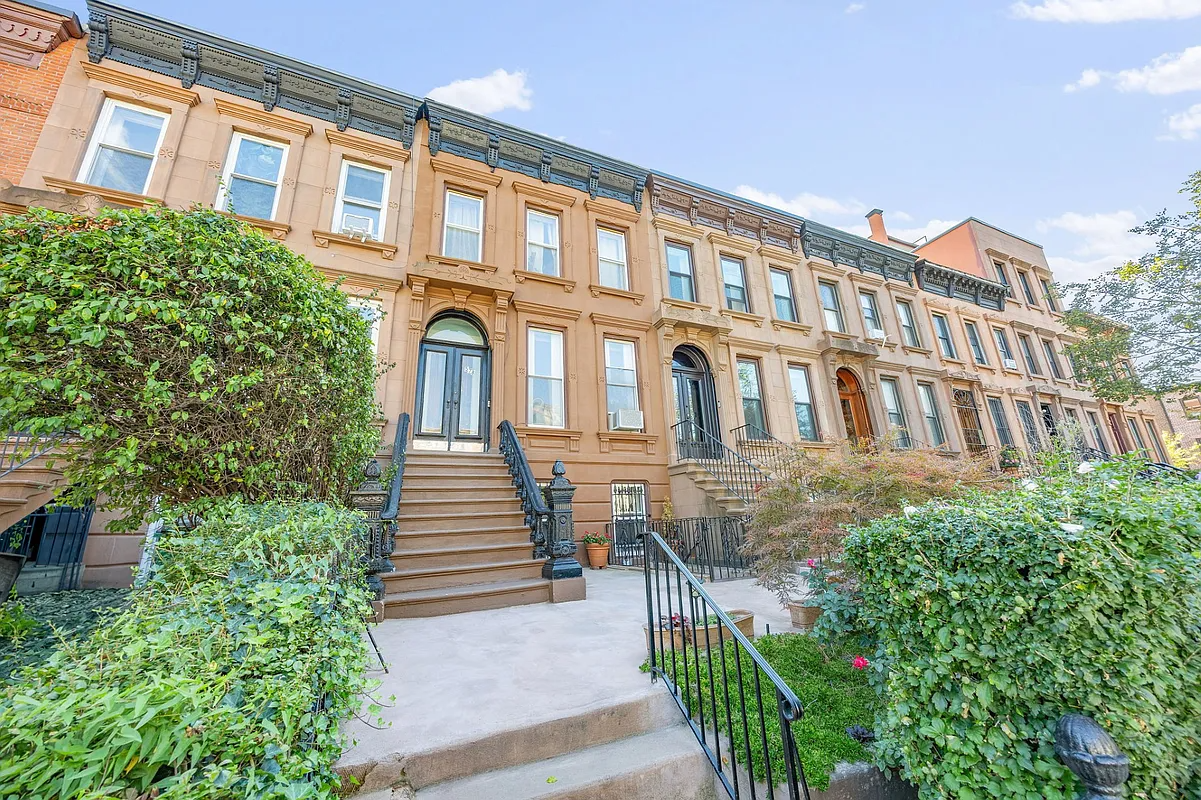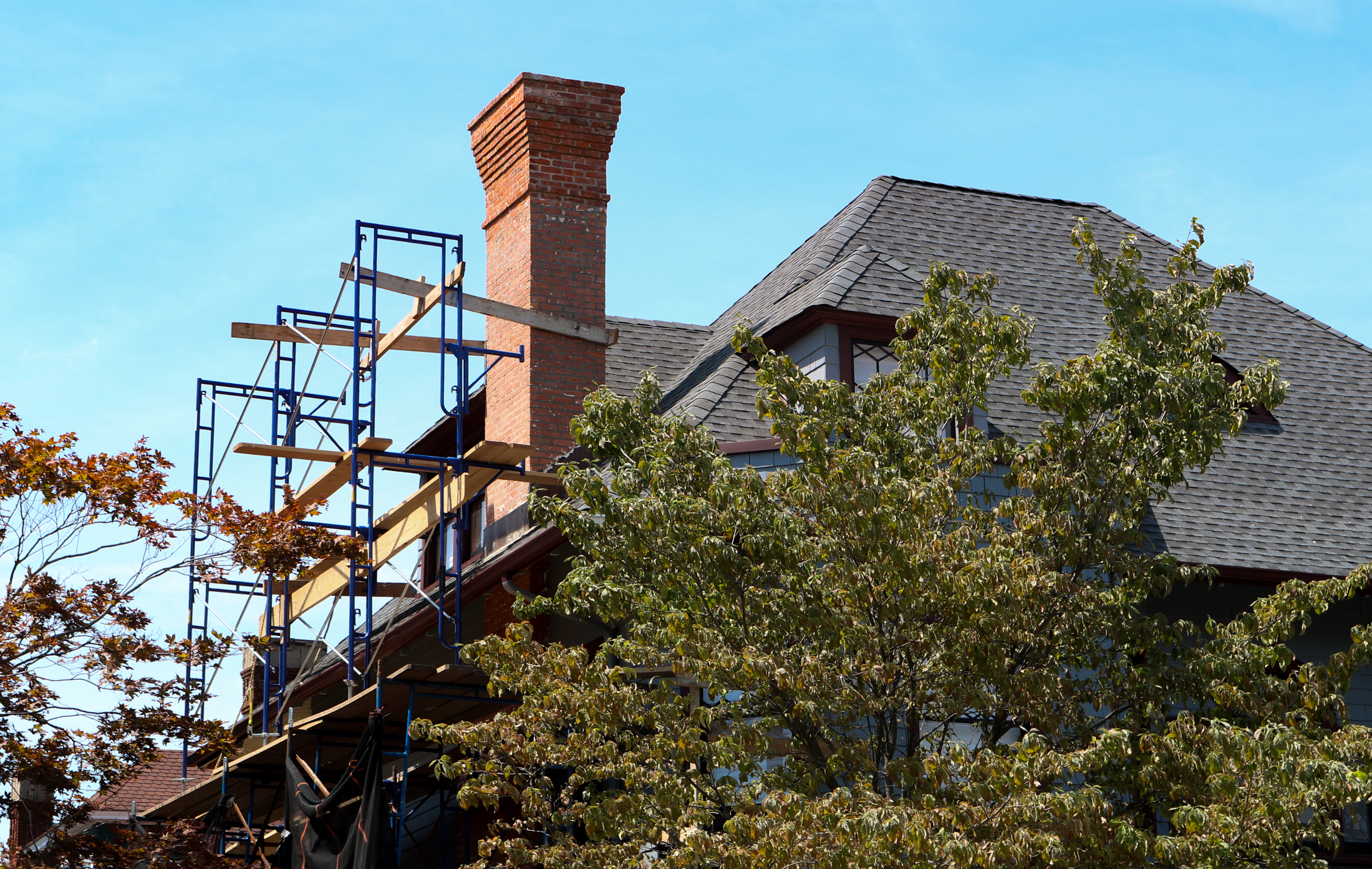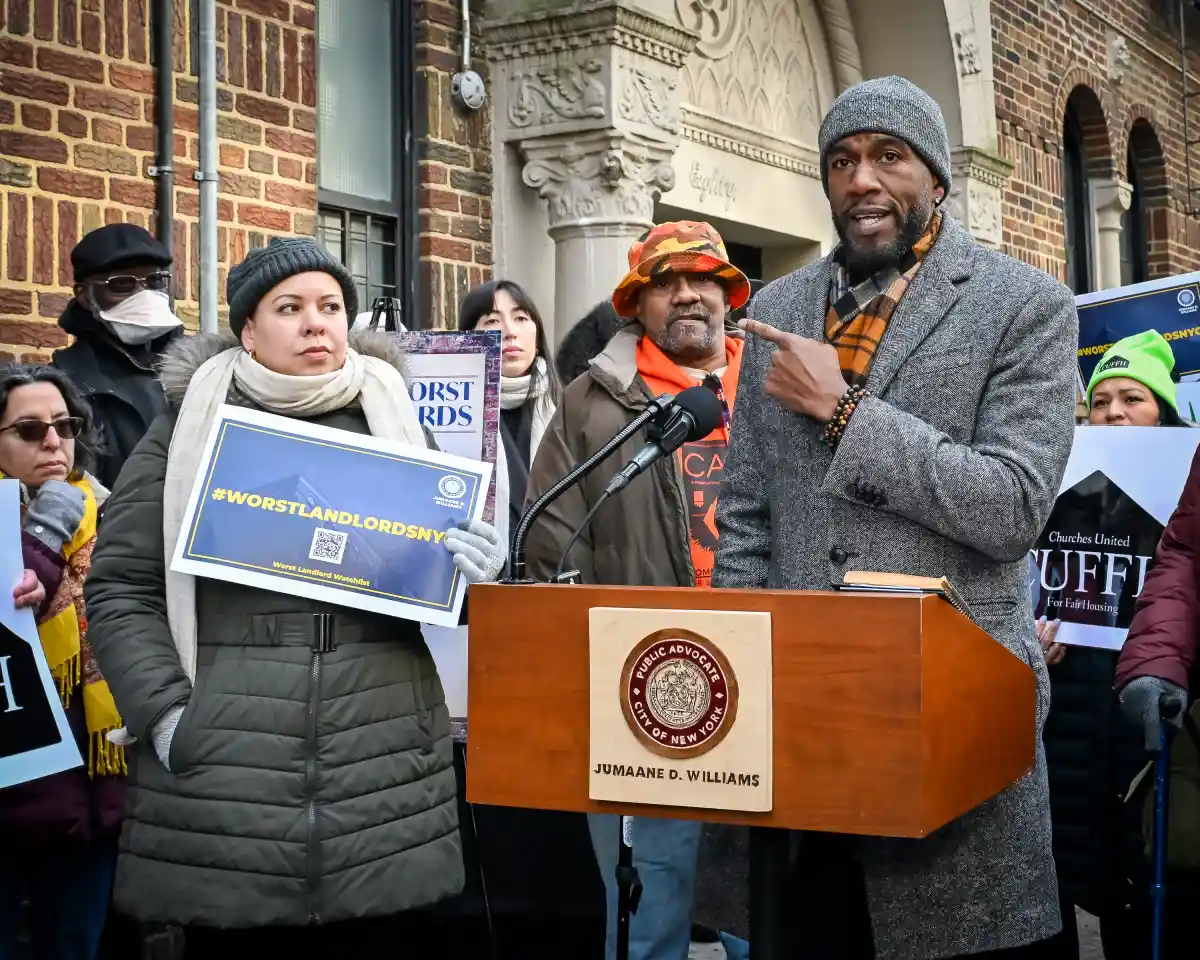Better to Buy or Rent?
The Times took a look this weekend at the math underlying the rent-versus-buy decision. One conclusion of the study was that is was about twice as expensive to buy right now in New York than rent on a purely monthly after-tax cash flow basis. The conclusion seems to be that buying right now only makes…


The Times took a look this weekend at the math underlying the rent-versus-buy decision. One conclusion of the study was that is was about twice as expensive to buy right now in New York than rent on a purely monthly after-tax cash flow basis. The conclusion seems to be that buying right now only makes sense if you believe prices will continue to rise:
For new home buyers, prices in New York would need to rise roughly another 13 percent over the next five years for the average buyer to do better than the average renter over that span. In Northern California, where the gap between house prices and rents is largest, home values would need to go up about 19 percent by 2010. Over the next decade, the break-even increase is about 25 percent in New York and 40 percent in California.
The article also points out that it’s impossible to account for the psychic benefit someone may derive from owning. True, but the psychic toll of losing equity also isn’t being accounted for!
Is It Better to Buy or Rent? [NY Times]





I’ll do my best:
Let’s assume that you inhabit 50% of the brownstone and that you rent out the other 50% of the building.
Personal Income Deductions: On your tax return, you can itemize 50% of the mortgage interest and r.e. taxes as deductions against your personal income. When it comes to the AMT calculation, you can still benefit from the mortgage interest deduction, but not the r.e. tax deduction. Any “profit” from your rental business will be included as personal income.
Rental Deductions: On a 1040 Schedule E, you will report your gross rental income, as well as the expenses that can be deducted. These expenses will include 50% of your mortgage interest, 50% of your r.e. taxes, 50% of certain common bldg expenses such as common heat, water, etc. In addition, you can depreciate 50% of the the tax basis (the sum of the purchase price and capital improvements) of the building. This depreciation expense is deductd on the Sched E. I forget exactly what the formula is for depreciation. If you show a “profit”, then that rental profit gets applied to your personal income and may be subject to AMT.
But, in general, for the scenario I describe (a live-in owner with one or two apts), you should be able to show a break-even or even a loss – depends on few things. If you show a loss, this is not beneficial – it usually doesn’t reduce your other taxable income.
Now, as I’ve said before – I AM NOT AN ACCOUNTANT. Everybody’s situation is different and these tax codes contain lots of exceptions.
BB and David —
Sorry to keep beating a dead horse here, but I am missing a point somewhere in the thread here. Assume you have a 4 or 5 story townhouse, live in one half and rent out the other half the building. If we treat the rents as business income (or the like) and therefore offset the gross gains with the costs of operating the business (such as depreciation, maintenance, etc.), can you still take a mortgage interest deduction for the enitre amount of interest paid? Or does it need to be earmarked between the interest paid for the part of the building enjoyed by the owner and the interest paid for the part rented out? It would seem unfair to allow a person to deduct mortgage interest on what is a business in the same way they deduct the interest for personal real estate. I raise the issue because this would seem to fold back into the question about AMT and what deduction you can take for AMT purposes.
Thanks.
Sorry David, I wasn’t trying to insult your intelligence. The way you worded the last question made it seem like you weren’t understanding how rental income was not taxable. Like I said, it’s a matter of symantics. When most people (not in the trade) talk about rental income, they are referring to gross income before deductions. I was only pointing out that for most 2-3fam live-in LLs like myself, most of that gross income is sheltered by deductions such as depreciation. When YOU say rental income, you really mean rental profit. But whatever, clearly, you understand me, since you own lots of rental property.
Back to the NYtimes article. I still contend that, if you have the 20% DP and 6 months maintenance in cash often required by coops, it is still cheaper in lots of areas of Manhattan to buy a coop than it is to rent an equivalent sized apt in the same area. Condos are a different matter because they are more expensive than the equivalent coop.
The problem with the NYtimes piece is that it did not use nyc apartments as an example. No you brownstoners out there may live in houses but a vast number of ppl live in apts so why the nytimes did not do the numbers on this I don’t know.
You are missing something. The capital gains tax laws for primary residences were changed in 1997 or 1998 (can’t remember when exactly but goole for the actual date) such that you do not have to buy another home so you can take 250K for single and 500K for married capital gains tax free outright if you have lived in that place as a primary residence for 2 out of the previous 5 years.
You can keep taking this exemption every 2 years if you buy, live there for 2 years as primary residence, sell every 2 years and you make a net capital gain until you die or stop selling.
But the point is that you do not have to buy again to keep that exemption.
Maybe I’m missing something, but don’t you take a huge tax hit if you sell your home and don’t buy something else of at least the same value? That’s what I’ve always read, anyway.
I guess if you were just making a tremendous profit anyway, that would be one thing, but I’m not sure that most people would be making that much after taxes.
Actually BB I own alot of rental property and unless I am doing major capital work, I better NOT be showing a loss even after depreciation, mortgage, etc…. Of course I only pay tax on the profit – thats b/c only profit is income. As for the depreciation expense, assuming the market doesnt really fall apart, that is, a tax DEFERRAL since when I sell I have to pay capital gains on the gain btwn the depreciated basis and the selling price.
I think the confusion is over the term “income”. Think about a business profit/loss statement. There is GROSS REVENUE and EXPENSES. The difference is PROFIT. Taxes are only paid on the PROFIT. When it comes to rental income, only the PROFIT is taxable.
When you depreciate that portion of the house that is used for rental purposes, that generates a huge non-cash “expense” for tax purposes. Combined with ded’s for mortgage interest, taxes, utilities, etc., you should be generating a loss on the rental property. A good accountant can help you figure all this out (legally) so that your rental income is effectively TAX-FREE.
Check out a Schedule E and you will see what I mean. Only the amount remaining AFTER subtracting expenses is added to your taxable income.
Hope that helps.
BB – Yes you are correct I was confued about acquisition vs. Equity loans – I apoligize. However I do not see how you can say that rental income is not subject to AMT (or income tax) – yes it is reduced by expenses but income is income.